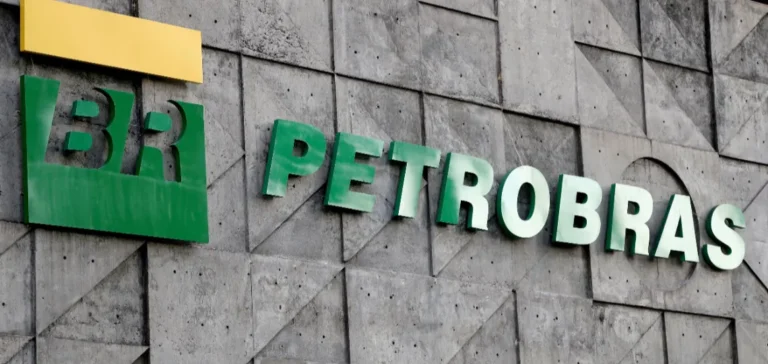The chairman of the board of Petróleo Brasileiro S.A. (Petrobras), Pietro Adamo Sampaio Mendes, announced his resignation from his positions, including his seat on the board. This decision follows the approval of his appointment by the Brazilian Senate to join the leadership of the Agência Nacional do Petróleo, Gás Natural e Biocombustíveis (ANP). The company confirmed the departure in a statement to the markets.
A planned change in governance
According to Petrobras’ bylaws, the board of directors has the authority to appoint a new interim chairman until the next general shareholders’ meeting. This transition takes place in a context of strong focus on the company’s strategic directions, particularly its investments and portfolio management in oil and gas.
The appointment of Pietro Mendes to the ANP had been proposed by the federal government and approved by a Senate vote, securing a majority in favor. This institutional confirmation accelerated the transition process within Petrobras’ board of directors.
A key step for ANP and Petrobras
Mendes’ arrival at the leadership of the ANP comes at a time when the agency plays a decisive role in regulating Brazil’s oil and gas sector. ANP’s decisions directly influence the allocation of concessions, oversight of contracts, and the balance between domestic production and private investment.
For Petrobras, this change in board governance occurs as the company continues its offshore exploration and production projects. The appointment of an interim chairman should clarify short-term governance priorities, pending the next general assembly that will formalize a new permanent nomination.






















